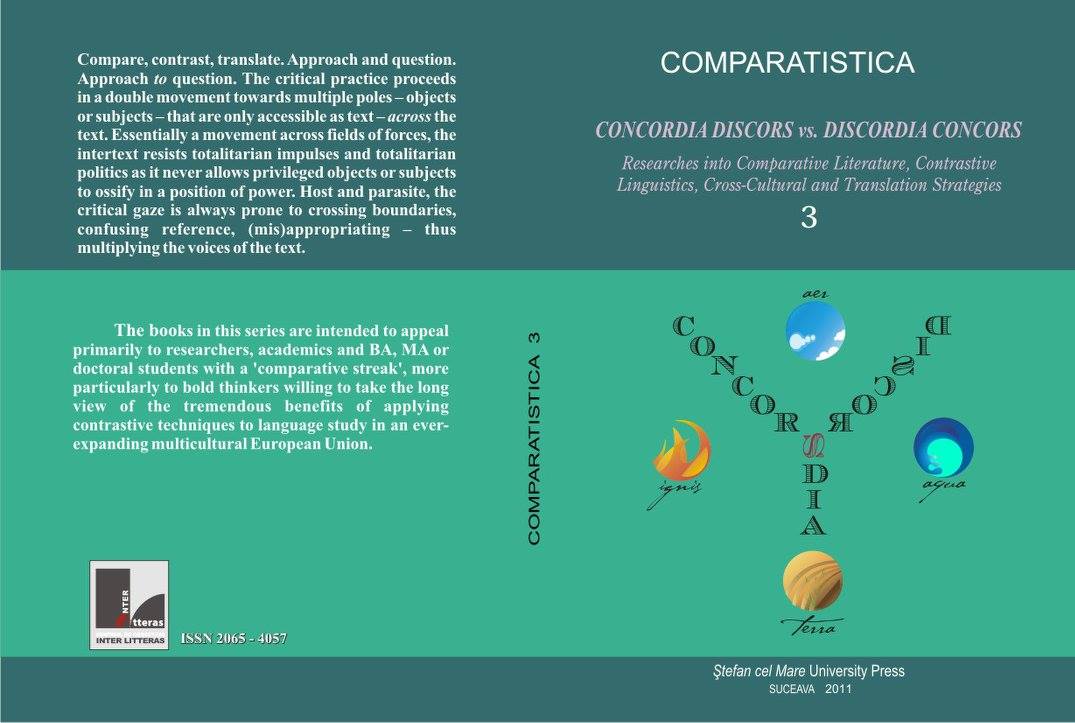Das ostdeutsche Drama auf der westdeutschen Theaterbühne, am Beispiel von Christoph Heins Dramen: Schlötel oder was solls, Lassalle fragt Herbert nach
Sonja. Die Szene ein Salon, Die wahre Geschichte des AhQs, Passage. Ein Kammerspiel (The East-Germa
Das ostdeutsche Drama auf der westdeutschen Theaterbühne, am Beispiel von Christoph Heins Dramen: Schlötel oder was solls, Lassalle fragt Herbert nach
Sonja. Die Szene ein Salon, Die wahre Geschichte des AhQs, Passage. Ein Kammerspiel (The East-Germa
Author(s): Oana GORBĂNESCUSubject(s): Theatre, Dance, Performing Arts, Fine Arts / Performing Arts
Published by: UNIVERSITATEA »ȘTEFAN CEL MARE« SUCEAVA
Keywords: dissident; socialist party; chronicler; utopia;
Summary/Abstract: In the present paper the author conducts a diachronic andsynchronic survey of the impact Christoph Hein’s dramas had on the WestGerman stage. Christoph Hein, an East-German writer born in 1944, exertedgreat influence both on the FRG and the GDR public. One of the few GDRdissidents who managed not only to survive but also to publish his work inhis home country, Hein was part of the remarkable underground culturepromoted by authors and readers who managed to get close to the idea offree public speech via reading sessions, stage performances and othersimilar cultural events, as well as by smuggling books. Unlike the previousgeneration of writers, who had gone through the barbaric Nazi regime, andunlike the following generation of writers of the 70s and 80s, who hadexperienced the collapse of GDR, Hein and his contemporaries were proneto an idealism which was nonetheless doomed to failure and whichsubsequently led to a sense of skepticism and bitter irony.The Western approach to Hein’s literature exhibited two major trends – oneaiming at the literary work through the writer’s affiliation or non-affiliation to the socialist party and the other one viewing the author’s texts aschronicles of the Eastern society of that time.
- Issue Year: 2011
- Issue No: 3
- Page Range: 163-188
- Page Count: 26
- Language: German

